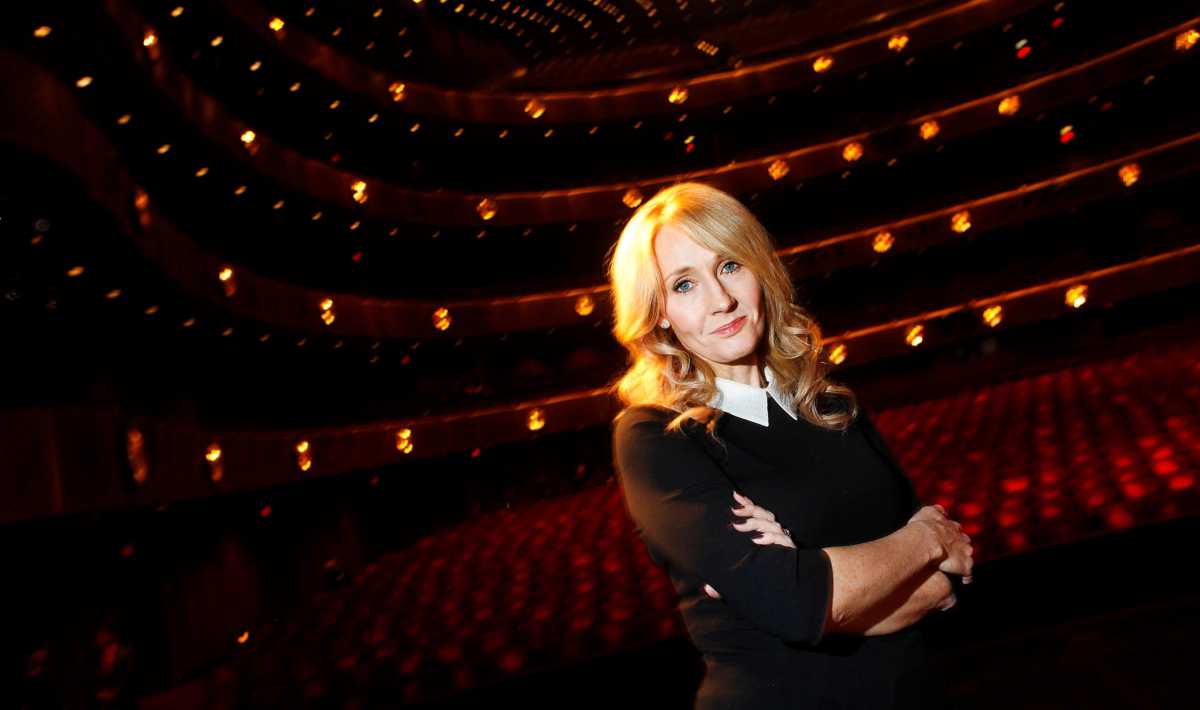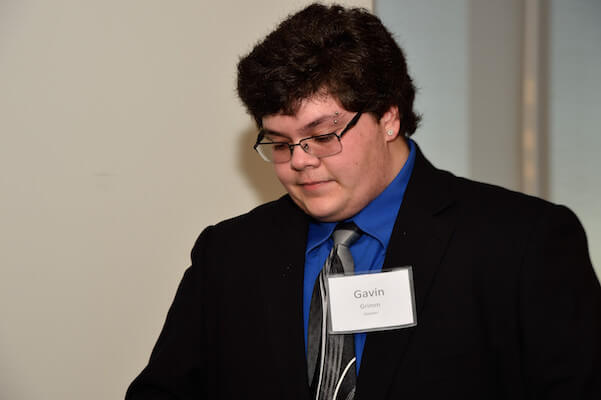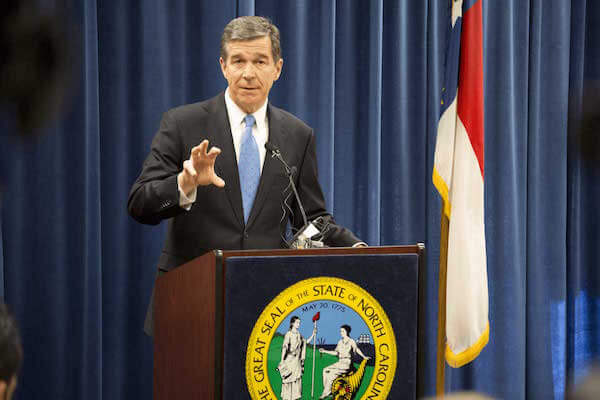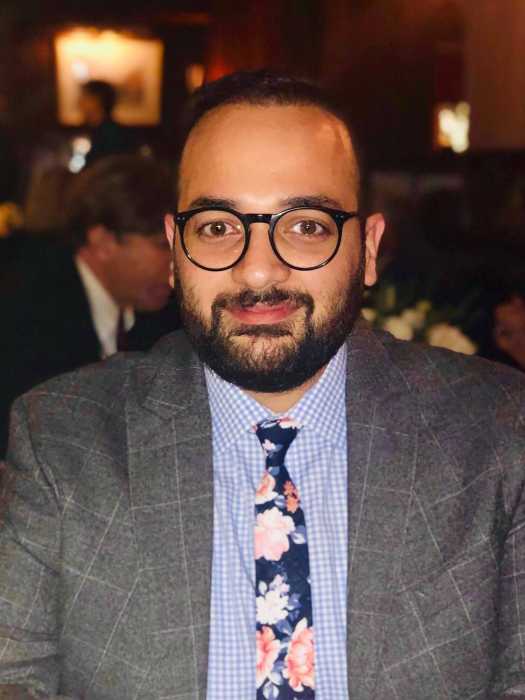“Harry Potter” author J.K. Rowling has, yet again, inserted her inflammatory thoughts about transgender individuals into the public arena, reigniting criticism of the famed writer, which in turn prompted her to further fan the raging flames with a lengthy post that invoked transphobic narratives used in the resistance to transgender rights and identity.
The latest chapter in Rowling’s ongoing fixation on transgender people first blew up with a series of tweets on June 6 and continued with a note — a very long note — she posted on her website. The controversy about her views on the subject comes back to life just months after she rushed to the defense of a researcher, Maya Forstater, who was booted from her job for tweets saying things like, “enforcing the dogma that transwomen are women is totalitarian.” Rowling expressed outrage that Forstater was fired and explicitly stated in a tweet that “there are two sexes. Men are male. Women are female. It is impossible to change sex.”
This time around, Rowling continued along that same path, first with her June 6 tweet, which insisted on the primacy of sex over gender in understanding people’s lived experience.
“If sex isn’t real, there’s no same-sex attraction,” Rowling wrote. “If sex isn’t real, the lived reality of women globally is erased. I know and love trans people, but erasing the concept of sex removes the ability of many to meaningfully discuss their lives. It isn’t hate to speak the truth.”
The “but” in Rowling’s tweet became representative of a pattern in her subsequent arguments that emerged over the following days as she sought to qualify her points in an on-one-hand-on-the-other-hand manner. The author used a 3,600-word opus on her website to again rush to the defense of researchers questioning trans identities, paint transgender activists as aggressive people with a one-way-or-the-highway approach, and boost arguments that trans people don’t belong in public bathrooms and shouldn’t have gender-affirming government documents.
Moreover, she expressed “concern” about the number of people transitioning and said she is “deeply concerned about the consequences of the current trans activism.”
Many transgender people and their allies view this language as the work of a “concern troll” — someone who speaks in gentle tones but has an underlying hostility to the people they are talking about.
“When you throw open the doors of bathrooms and changing rooms to any man who believes or feels he’s a woman — and, as I’ve said, gender confirmation certificates may now be granted without any need for surgery or hormones — then you open the door to any and all men who wish to come inside,” Rowling wrote. “That is the simple truth.”
Here, of course, “concern” is thrown out the window — and trans women become nothing other than men with a perverted desire to invade women’s intimate spaces. This language can be heard from right-wing Republicans in any legislative debate over trans rights anywhere in America.
Rowling tried steering the narrative in the direction of suggesting that cisgender women are under attack by trans activism. And yet, as she continued writing, she would go on to add more and more qualifiers that blurred the focus and direction of her argument time and again.
One example came when Rowling wrote, “So I want trans women to be safe. At the same time, I do not want to make natal girls and women less safe.”
On another occasion, she wrote, “I know transition will be a solution for some gender dysphoric people, although I’m also aware through extensive research that studies have consistently shown that between 60-90 percent of gender dysphoric teens will grow out of their dysphoria.”
The precision suggested by using such numbers was not backed up by any data Rowling bothered to point to, despite the length of her post.
Rowling also fed into narratives that cast doubt on whether transgender people even know what they are doing when they decide to transition, giving new life to perspectives that argue there is a growing number of people transitioning in recent years because of “social contagion” rather than to affirm their gender identity.
Adding insult to injury, Rowling further invalidated transgender identities when she suggested that mental health disorders — as distinguished from gender dysphoria — could cause people to choose to transition. Speaking about writings of young transgender men, Rowling curiously wrote, “The more of their accounts of gender dysphoria I’ve read, with their insightful descriptions of anxiety, dissociation, eating disorders, self-harm, and self-hatred, the more I’ve wondered whether, if I’d been born 30 years later, I too might have tried to transition.”
Unsurprisingly, Rowling’s head-first dive into the wild world of transphobia has infuriated transgender, non-binary, and gender non-conforming folks, as well as their allies. In the aftermath of Rowling’s latest comments, countless transgender and non-binary people have posted on social media reminding their followers that transgender women are women, transgender men are men, and non-binary people are non-binary.
Movie stars who depicted characters in films adapted from Rowling’s books have also voiced their opposition to her comments. Daniel Radcliffe, an actor who came to world renown by playing Harry Potter in the eponymous movies, took issue with a tweet by Rowling in which she wrote, “‘People who menstruate.’ I’m sure there used to be a word for those people, Someone help me out. Wumben? Wimpund? Woomud?”
“Transgender women are women,” Radcliffe said in a written statement on the website of The Trevor Project, the leading national group focused on preventing suicide and self-harm by LGBTQ young people. “Any statement to the contrary erases the identity and dignity of transgender people and goes against all advice given by professional health care associations who have far more expertise on this subject matter than either Jo or I… To all the people who now feel that their experience of the [“Harry Potter”] books has been tarnished or diminished, I am deeply sorry for the pain these comments have caused you.”
Among other actors to speak out included Eddie Redmayne, who starred in a Harry Potter-inspired film series called “Fantastic Beasts,” which was written by Rowling. Redmayne said in a written statement that he too disagrees with the author.
“Trans women are women, trans men are men, and non-binary identities are valid,” Redmayne said.
To sign up for the Gay City News email newsletter, visit gaycitynews.com/newsletter.




































